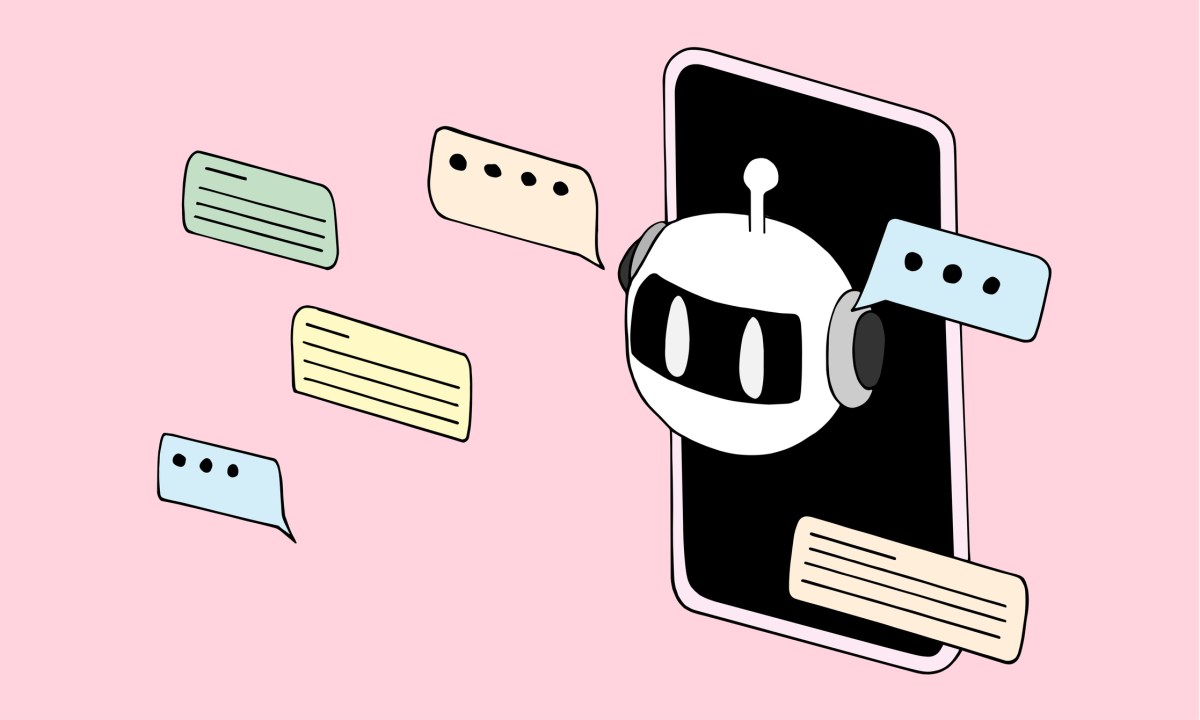AI Chatbots Gain Traction as Spiritual Guides

Key Points
- AI chatbots are increasingly used for spiritual guidance.
- Bible Chat has surpassed 30 million downloads.
- Hallow reached the top spot on Apple’s App Store.
- Apps aim to direct users to religious doctrine and scripture.
- Rabbi Jonathan Roman sees chatbots as a bridge to faith for younger generations.
- Texas A&M’s Heidi Campbell warns AI may reinforce users' existing beliefs.
- Experts caution that chatbots lack true spiritual discernment.
A recent New York Times story highlights the rising influence of AI‑powered chatbots in religious practice. Apps such as Bible Chat, with more than 30 million downloads, and Hallow, which topped Apple’s App Store rankings, aim to direct users toward scripture and doctrine. While some see these tools as a bridge to faith for a generation less likely to attend traditional services, experts warn that the underlying AI models can simply echo users’ existing beliefs, potentially reinforcing false or conspiratorial ideas. Scholars stress the need for discernment beyond algorithmic responses.
AI Chatbots Enter the Realm of Faith
A New York Times investigation reports that artificial‑intelligence chatbots are increasingly being used for spiritual guidance. The story cites two prominent applications: Bible Chat, which has been downloaded more than 30 million times, and Hallow, which recently reached the number one position in Apple’s App Store.
Both apps are designed to point users toward religious doctrine and scripture to answer their questions. In addition, the coverage notes the existence of at least one website that claims to enable users to converse directly with God.
Perspectives from Religious Leaders
Rabbi Jonathan Roman is quoted as viewing the technology as a potential “way into faith” for a whole generation that may have never set foot in a church or synagogue. He suggests that chatbots could serve as an entry point for people who are seeking spiritual insight but are not engaged with traditional institutions.
Academic Caution About AI Limitations
Heidi Campbell, a professor at Texas A&M University who studies the intersection of digital culture and religion, offers a contrasting view. She warns that the AI models powering these chatbots are built to validate users’ existing opinions, which can result in the reinforcement of delusional or conspiratorial thinking. Campbell emphasizes that the bots “tell us what we want to hear,” noting that they rely on data patterns rather than genuine spiritual discernment.
Implications for Users and Communities
The dual narrative—optimism about reaching new audiences and caution about algorithmic echo chambers—captures the complex role AI is beginning to play in religious life. While the technology offers unprecedented accessibility to scriptural resources, the lack of human interpretive guidance raises questions about the quality and authenticity of the spiritual advice provided.
As these chatbots continue to gain popularity, both religious leaders and scholars call for a balanced approach that leverages the convenience of AI while remaining vigilant about its limitations.